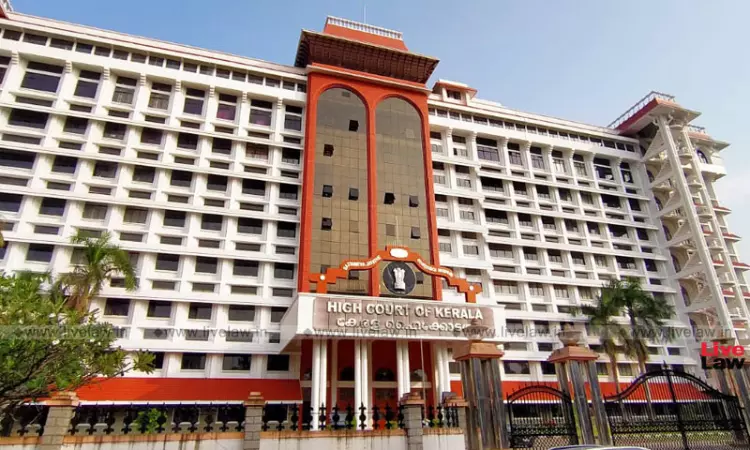The Kerala High Court recently upheld the order of the Central Administrative Tribunal granting relief to an employee who suffered serious burns during the course of his employment.The Court observed the Chief Commissioner under the PWD cannot finally adjudicate upon the right of the employee to claim compensation. The Court also stated that the employers cannot deny the benefits to an...

